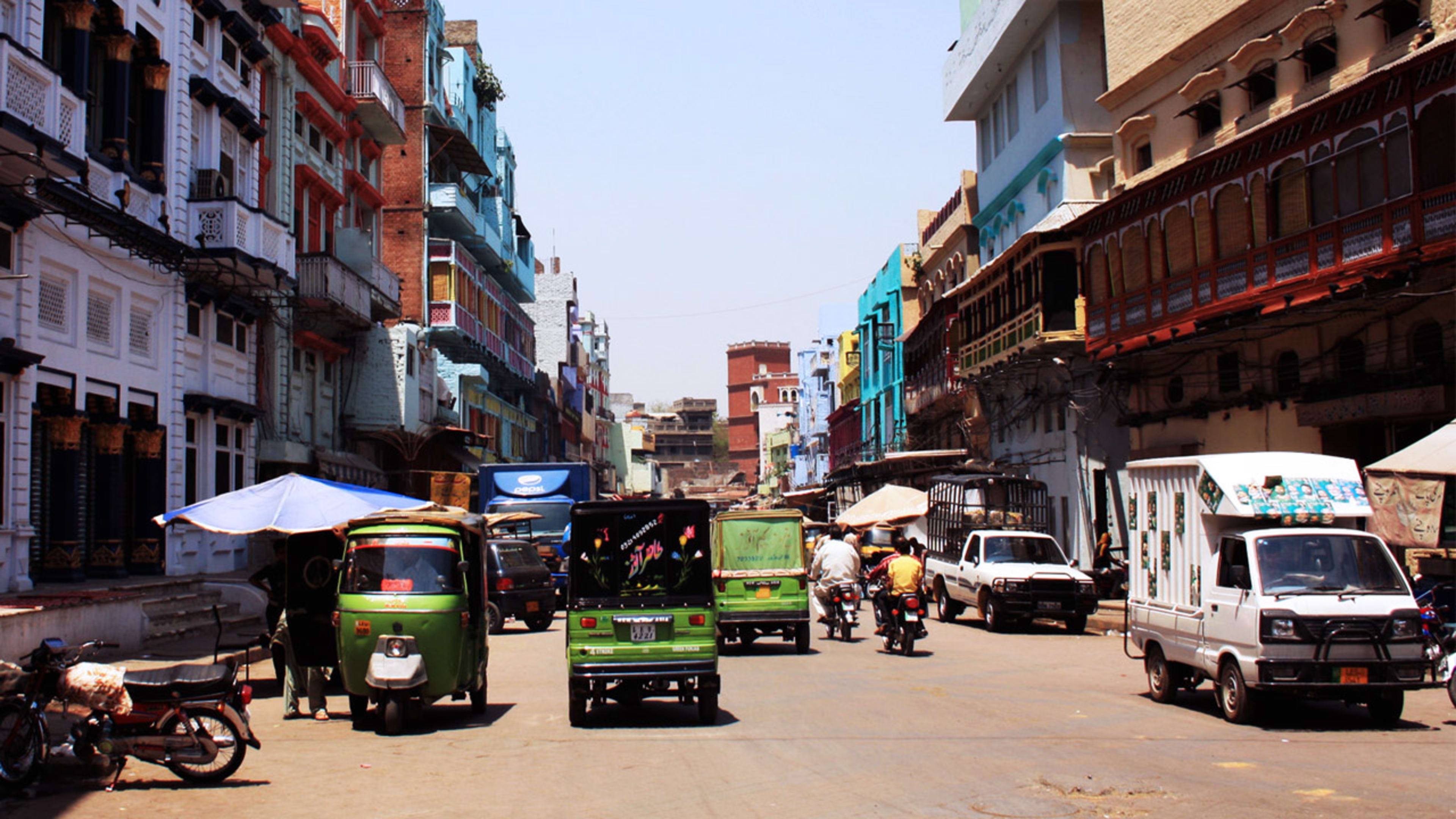Uber launched in Pakistan on Thursday, but drivers in the country, unlike those in most of Uber’s 69 markets, will need to attend a seminar about sexual harassment before they can accept passengers through the ride-hailing app.
Hosted by a third-party organization, the seminars will educate drivers on sexual harassment policies. “It’s basic things, like they might not know that telling a girl that she’s pretty could actually constitute sexual harassment,” Uber spokesperson Shaden Abdellatif tells Fast Company. “It’s that basic level of education that hasn’t [typically] been offered [in Pakistan] before, especially in the transport industry.”
Though Pakistan made workplace sexual harassment a punishable crime in 2010, there is a perception that public transportation is unsafe, especially for women. Uber has also instituted mandatory sexual harassment seminars for drivers in Egypt, where more than 99% of women in a U.N. study said they had been sexually harassed.
In Pakistan, Uber will also require drivers to complete additional screening hurdles, including submitting a police verification certificate and a character referral, which Abdellatif described as a common facet of service-industry jobs in Pakistan “that recommends that person and says the person has a good work ethic, has worked in this job.”
Uber’s safety came into question in 2014 after a driver in Delhi was arrested on charges that he had raped a passenger who had hired him through the app (the driver has since been sentenced to life in prison for the crime). At the same time, others have pointed out how apps like Uber could benefit women in places with limited safe public transportation options.
Uber’s Pakistan launch, for now restricted to Lahore, the country’s second-largest city, is part of a $250 million expansion throughout the Middle East and North Africa. Because credit and debit cards are uncommon in Pakistan (by one estimate, there are about 23 million cards among 182 million people), the ride-hailing company will accept cash transactions, a concession it also makes in Egypt and Saudi Arabia, as well as in some parts of India and Africa.
Recognize your brand’s excellence by applying to this year’s Brands That Matter Awards before the early-rate deadline, May 3.
